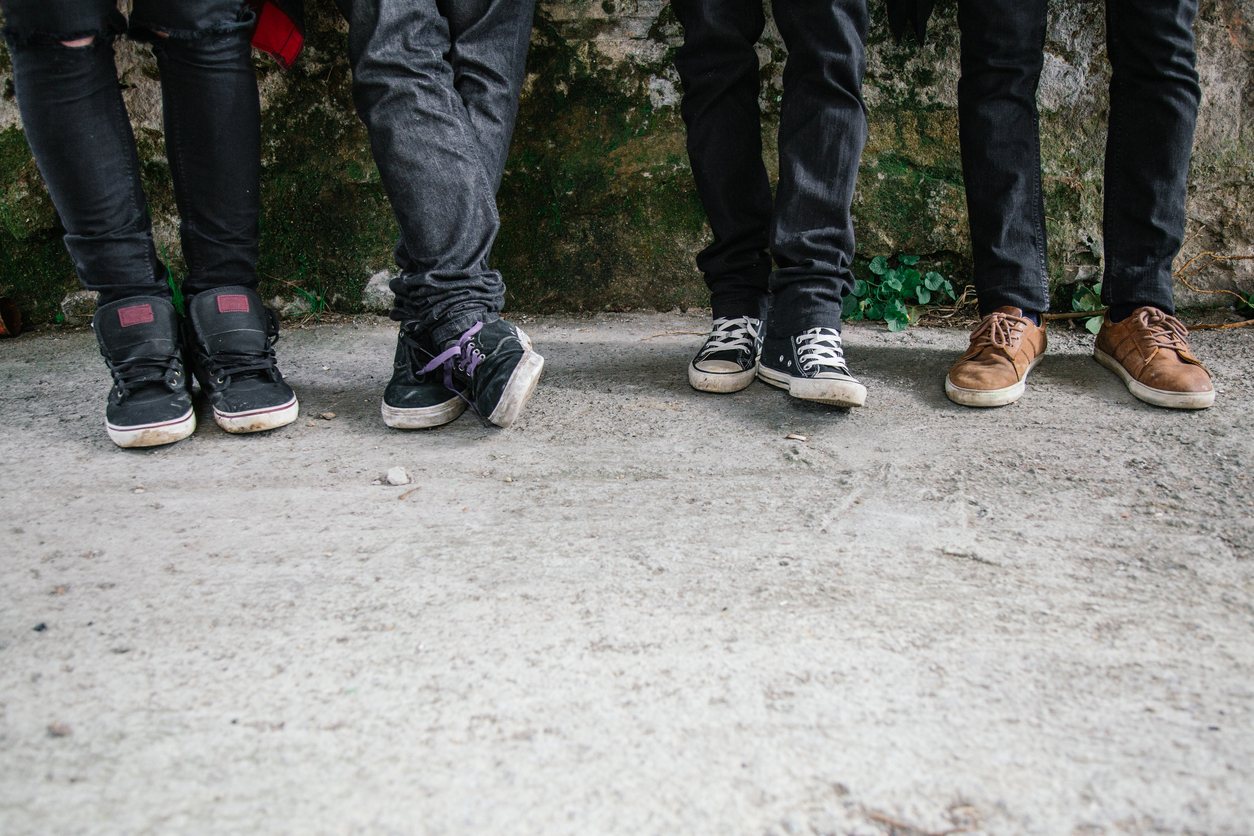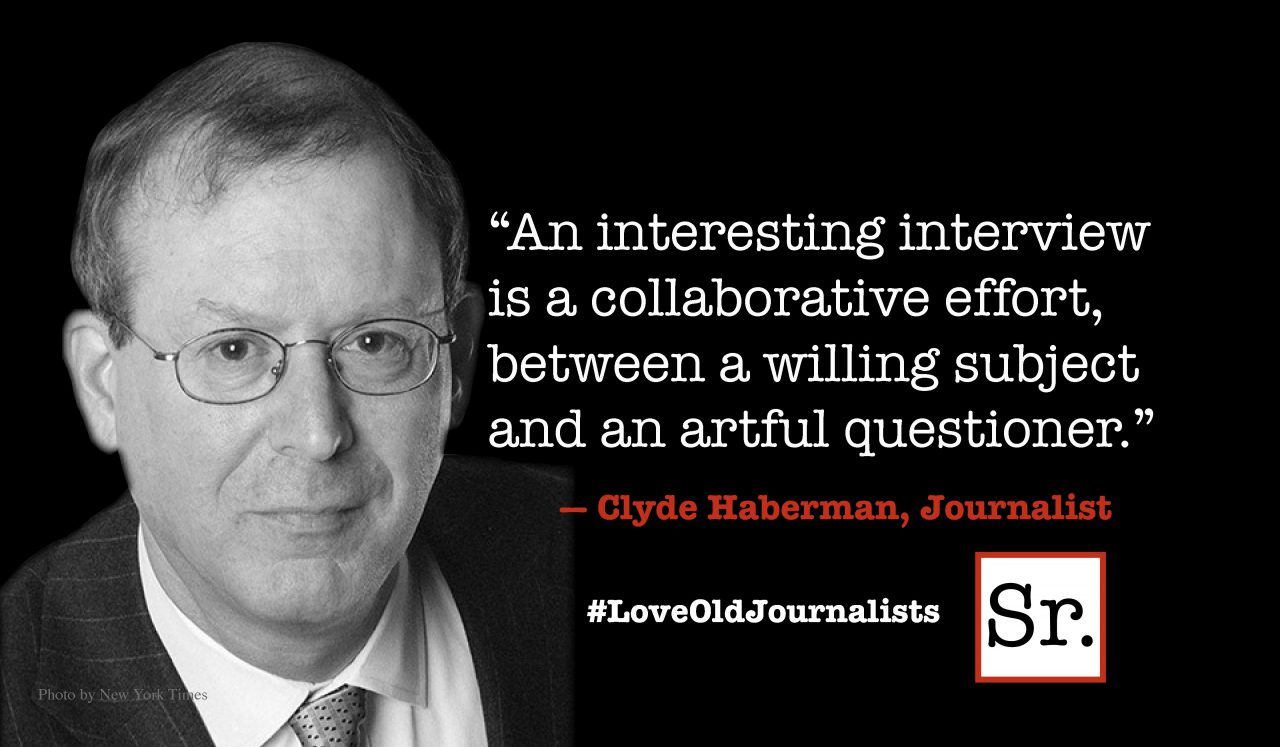Bud was a nondescript member of our church's teen group on the Northwest side of Chicago in the mid-60s when they had little to do with themselves. But it was Bud, whose name I have changed, who suggested to Pastor Bill Lesher, my husband, that there should be a teen club at the church. Bill knew something needed to be done with the local mix of white and Hispanic kids who hung out on street corners and in alleys. There were no vacant lots or parks available to them.
There was an old vacant hall next to the alley in the back of the big, modern church with some potential. Bud also suggested the name "Nowhere Club." (Mom: "Where'ya goin'?" "Nowhere.") After some fixing up with teen help, the daytime space became a study hall. Friday evenings it became a dance hall with local DJs and enough congregational support to get greatly needed chaperones. There were questions about how so many non-church kids were coming.
For some months, the Nowhere Club members responded to something called "game theater" led by a Pied Piper-type professional who taught youth short acting games. Bill recalled being shocked to find a big group laying on the floor one evening reading the Bible. Next, they painted the entire hall black and found some sexy lighting and invited the congregation to their performance of the story of Adam and Eve while they wore black tights. A truly amazing feat of acting with parents enthralled, especially Bud's.
However, there were problems with drugs in the neighborhood and Bud managed to get caught by police one week spending his Christmas money on the forbidden after he was reported to have molested a 3-year-old girl in an alley, youth group friends nearby. The friends disappeared into the woodwork when the cops showed up and left Bud to be arrested and jailed. Pastor Bill spent days trying to clarify the situation with police and parental help. He determined the drugs were joints and the little girl was a neighbor of Bud’s family and was tightened of all the kids but not molested. Bud came home in deep shame.
Bill spent several more days lining up the Nowhere Club youth and parents to meet in the church for a talk. With many tears and apologies, the young people confessed to abandoning their friend Bud to his fate when they also had been involved. That seemed to clear the matter at the time.
During the turbulent days for Bud, he gave Pastor Bill a sheet of brown construction paper on which, in silver ink, he had written a poem he called "Repetitions." At the time I was so touched by the poem's pathos and the beauty of its silver writing that I put a note on it to be framed and stuck it in a "to do" file.
The Nowhere Club only lasted a little more than a year and a half when repeated rowdiness and even violent misbehavior brought too many police calls from the neighbors for the church to maintain its programs.
After the death of my dear husband earlier this year, I finally got to that one "to do" file and found the brown construction paper with the note — more than 50 years after it was composed. The edges were frayed but the cursive writing clear.
In Bill's unfinished memoir, I found a good report about the Nowhere Club and Bud decades after we had left that church and neighborhood and gone on to seminary presidencies and the Parliament of the World's Religions. It also stated that years after leaving that Chicago church, Bill heard that Bud had taken his own life. No date was given.
Here is Bud's poem "Repetitions":
"I love; to love love,
I need, to need,
I hope, to hope,
I want; to want,
I think of why I think,
I wonder why I wonder,
I'm cold to cold,
I hate, to hate,
I fear fear."
One more tough event for local teens occurred during the 1968 Southside Democratic National Convention in Chicago when Mayor Daley ordered police to be tough on war protesters. Some of them were camping at the lakeside Grant Park on the Northside and one night when police arrived, local youth raced to protest brutality. Bill and area clergy ran to the Park to collect their members and bring them to a sanctuary church nearby. Bill arrived home after midnight, reeking of tear gas and reporting most were safely home. I can only assume Bud was among them. He may have hated the police, but he also feared fear.









